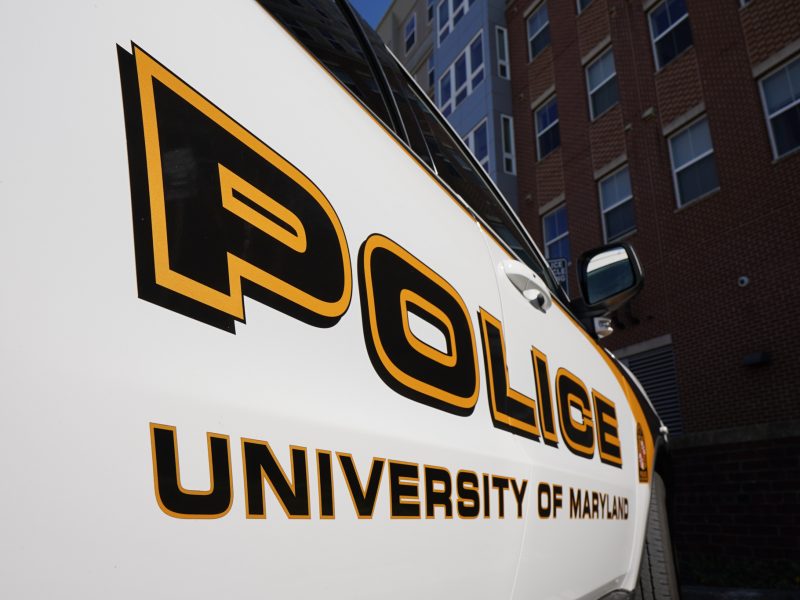Gabriella Flores had gotten into a rhythm during her first semester at the University of Maryland. Back in January 2020, her routine was consistent: A commute from Annapolis and then onto the familiar second floor of McKeldin Library.
That is, until a pandemic gutted it.
Now, the junior economics major is exhausted from trying to do her best.
As the pandemic continues to grip the nation, low-income students, marginalized students and students with disabilities are finding themselves pushing against an extra set of barriers. Many are dealing with a lack of access to health care, family burdens and unreliable technology — all of which impede their ability to thrive in the online environment.
Flores juggles a full class schedule, a part-time job and family commitments like taking care of her sick dog, Toto, who keeps her awake at night. Like many other students, learning through a computer screen has tested her.
“It just seems too much like for a pandemic,” Flores said. “It’s not quiet at home … I don’t have a library I can study at … It’s not the same. It’s a lot harder.”
Staying focused at home has been especially difficult, she said. When her parents are home, the Flores household is filled with noise, such as the sound of slamming cabinets.
[COVID-19 has exposed damaging racial health disparities statewide, UMD professors say]
Very few of her fall courses offered flexibility and extensions, but attending Zoom lectures improved her concentration. As a first-generation college student, she has been demotivated by the assistance she’s lacked in navigating college during the pandemic.
“Because I am a lot more isolated and not on campus, it’s harder to get access to help for internships or experiential learning,” she said. “My parents don’t know anything about that.”
In interviews with Black, Latino and low-income students and parents from Montgomery County Public Schools, family science professors Kevin Roy and Amy Lewin heard experiences similar to Flores’.
In early fall 2020, the professors prepared a report for the Black and Brown Coalition for Educational Equity and Excellence — an education advocacy organization — that raised concerns about online learning widening the achievement gap between white and Asian students and Black and Latino students.
Students who are home alone while their parents are working often take on adult responsibilities, such as helping younger siblings with Zoom or taking care of sick family members.
“There’s real challenges to showing up every day, getting engaged, getting your assignments done, it’s hard to concentrate,” Roy said.
Lewin said that remote learning has made it easier for students of all ages to disengage from their classes by doing things like turning off their cameras on Zoom or taking naps.
“We’ve experienced that as professors. Class ends and there are three black screens still left … you call their names and there’s no response,” Lewin added.
The challenges that many learners face are some of those that the Student Government Association’s director of academic affairs, Alysa Conway, knows disrupts students’ academic performance.
[Months after contracting COVID-19, UMD students are dealing with the aftermath]
Between instructors revising their courses and students facing financial burdens and taking care of relatives, everyone is burned out in this stressful atmosphere, the senior government and politics and public policy major said.
Hurdles that students of color and students with disabilities experienced before the pandemic, such as the process of getting accommodations from the Accessibility and Disability Service, have become more difficult, Conway said. In addition, some students with disabilities lack the support they need such as closed captions on lecture videos and documents in accessible formats.
These issues in assuring classrooms are equitable environments are “inflated” by the pandemic, Conway added.
To provide relief for students with disruptions beyond their control, Conway has long advocated for an alternative grading policy during the pandemic. Although this university will offer undergraduate students up to seven pass/fail credits this semester, Conway wrote “there is always more that can be done for students.”
“More than ever, our role is not just showing up, lecturing, grading some papers and leaving,” Lewin said. “Our role has to include reaching out to students who seem to be struggling, offering extra help … and persistently inviting students to reach out for help if they need it.”



